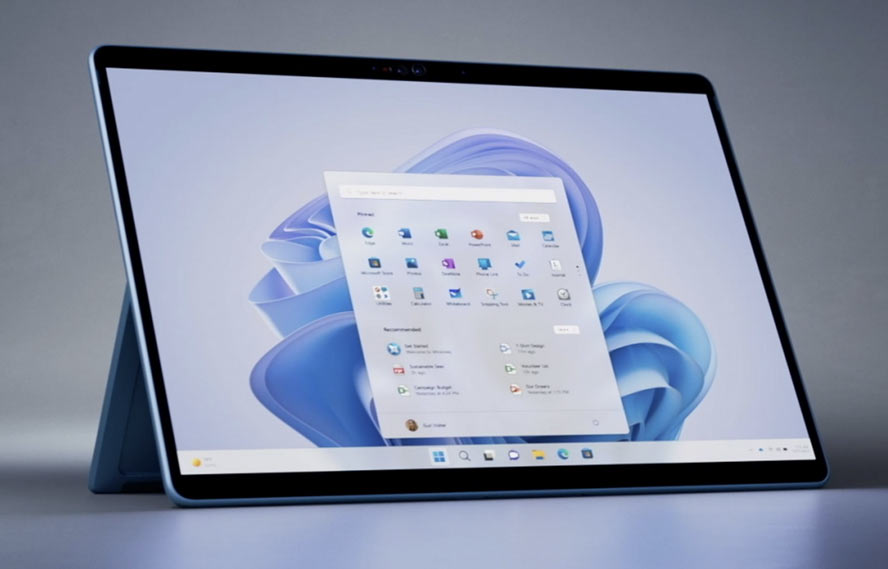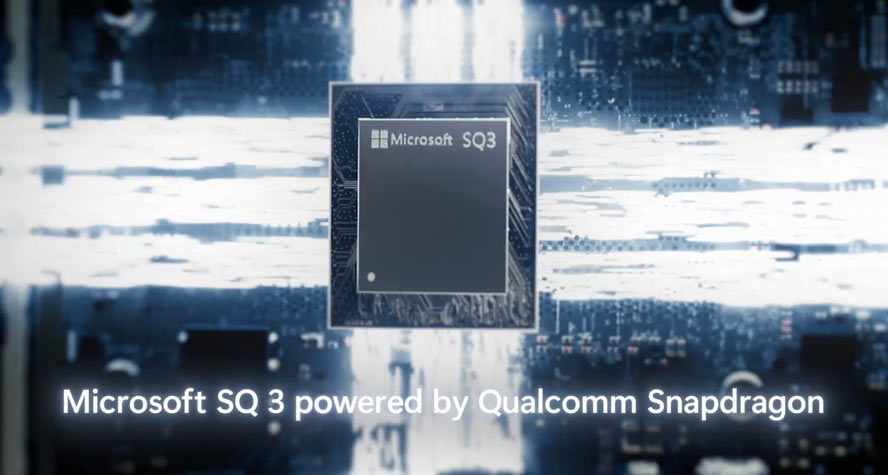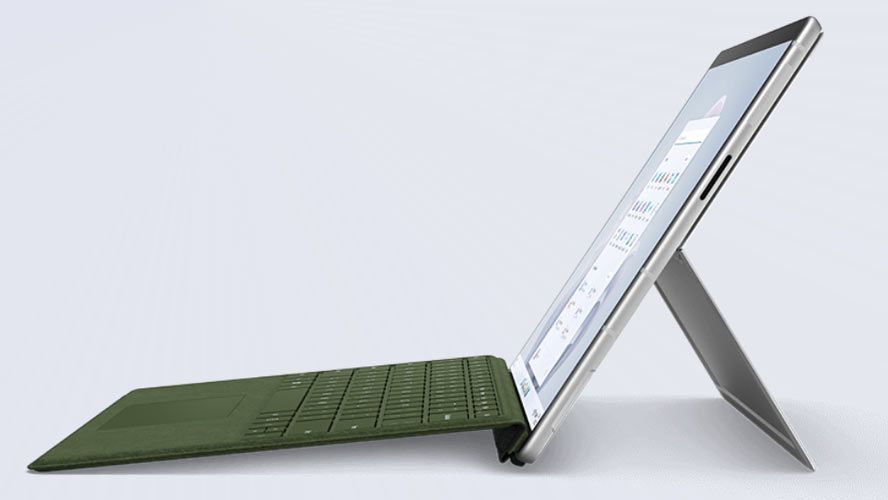According to a report by Windows Latest, Microsoft is actively expanding a team tasked with making a new challenger to Apple Silicon. Like Apple’s M series processors, the new Microsoft SoCs will be Arm architecture based, says the report. However, making the SoC development somewhat more exciting, Microsoft is said to be working in parallel to make sure Windows 12 will be Arm optimized.
The above information about a new Microsoft-designed Arm chip comes from several sources, Windows latest discloses. A few job listings, like this one (opens in new tab), are said to provide clues. However, several other job listings have been removed at the time of writing. In addition to these listings, an unnamed source has indicated to Windows Latest that “Microsoft is optimizing Windows 12 for Silicon-ARM architecture.”
Pondering over the still-live ‘Senior Product Engineer’ job listing reveals that the candidate will work for “the Microsoft Silicon team” and be tasked with a wide range of semiconductor development processes to advance Azure, XBOX, Surface, and HoloLens using Microsoft’s “internally developed silicon components.” The lengthy job description mentions various silicon design and testing tasks.

In another job description, which isn’t sourced, Microsoft is specifically recruiting a ‘Principal System on Chip (SoC) Silicon Architect.’ It seeks someone with experience in high-performance SOC architecture and CPU and GPU architecture and design. The main role of this recruit will be in “building complex, state-of-the-art SOCs using leading silicon technology nodes and will collaborate closely with internal customers and partners,” relays Windows Latest.
We aren’t sure where the leap of faith or logic that the above team members will be designing a chip for Windows 12 comes from. We only have the related statement from Windows Latest about Windows 12 being optimized for Arm. So, please add a pinch of salt to the idea that Microsoft is readying an Apple M2 killer under its own efforts/brand. It would be more traditional for it to work with the likes of Qualcomm, which reckons it has an Arm chip with something special coming soon, thanks to the work of the ex-Nuvia team.
Some Context – Microsoft SQ Series – A Collaboration With Qualcomm
It wouldn’t be so surprising if Microsoft’s Silicon Team was working on a new Surface chip, as it has done so before. Less than three years ago it launched the Surface Pro X 2-in-1 with a custom Microsoft SQ1 processor (7W). That chip arrived with a lot of boasts about its CPU, GPU, and AI processing, but the claims, and compatibility, fell a little flat in practice (see linked review above). However, the Microsoft Surface Pro 9 launched last November with a new SQ3 chip, and did a lot better, as you can read in our review.

The SQ series Arm processors, which are custom designed for Surface portable devices, are collaboratively designed with Qualcomm doing most of the heavy lifting. These chips are based on contemporary Snapdragon 8CX designs, so when the Nuvia chips arrive, Microsoft might have a parallel SQ model taking advantage of the newer cores. The first Snapdragon with Nuvia cores is expected to be the Snapdragon 8cx Gen 4 Processor, and should emerge near year-end.
Some Windows 12 Nuggets
Windows 12 is still very much an unknown but news of it has been cropping up more frequently in recent months. Windows 12 development was supposed to have started in earnest this March, and we have seen Intel Meteor Lake chips being prepared with Windows 12 support.
Windows Latest shared some nuggets regarding the new OS from Microsoft that are interesting enough to relay here. It says that Windows 12 has a targeted release date of late 2024. As part of the Windows Core project, version 12 should be more modular and customizable for different form factors – which will be further boosted by good Arm optimization.
Moreover, the built-in AI acceleration in modern processors will give utilities we have already seen in Windows 11 a smart boost. The source says that an AI-driven smart snap window arranging tool seen in Windows 11 is an example of something that could be standard in 12. Pausing for thought, could an AI coprocessor thus become a minimum requirement in Windows 12?
